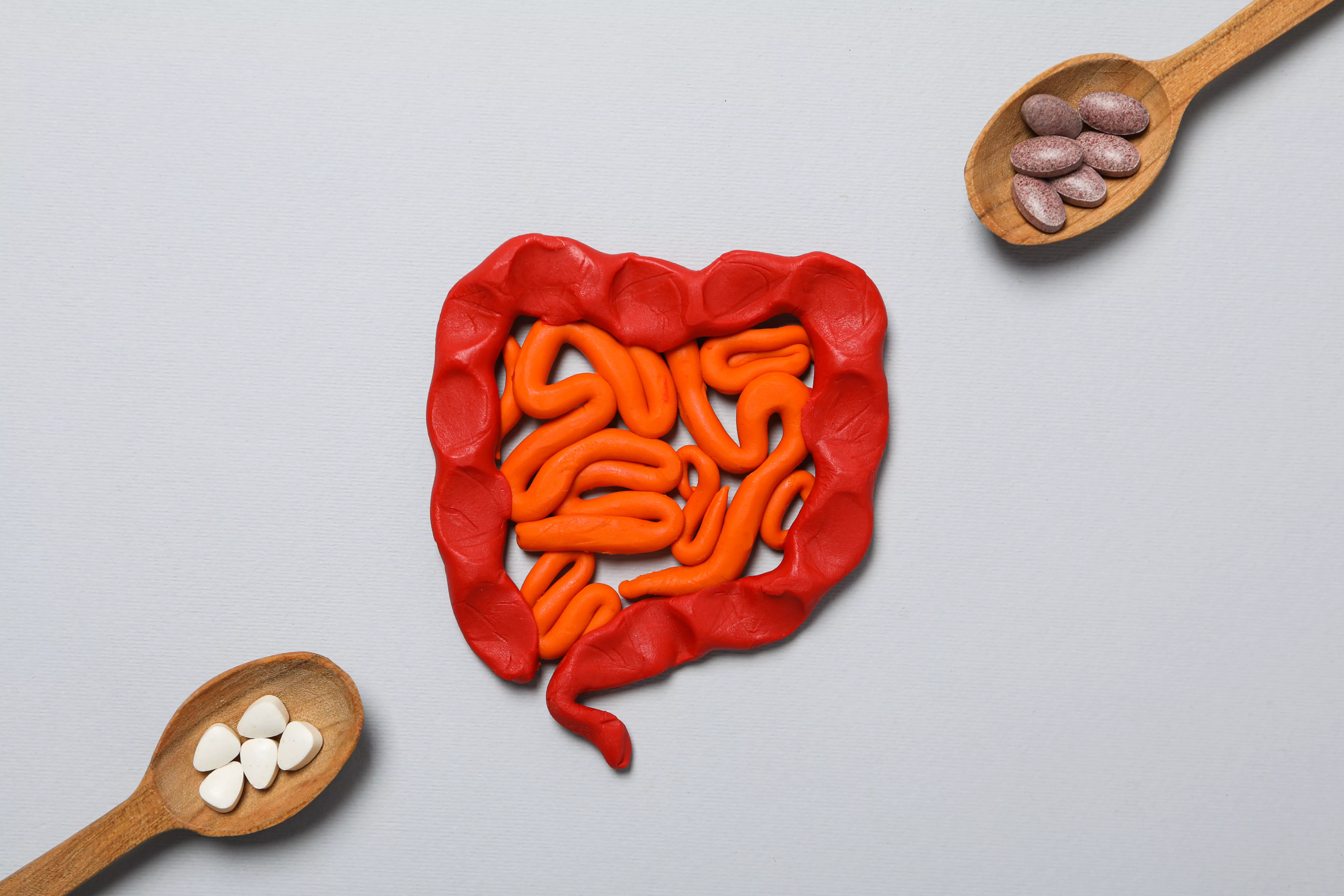Food and colorectal cancer: what you should know
Introduction to colorectal cancer
Colorectal cancer is one of the most common cancers in the world. The number of cases is increasing every year, which makes this topic very important for public health. Proper eating habits can significantly affect the risk of the disease. It is therefore worth paying attention to what we eat and how it affects our health.
Importance of diet in colorectal cancer prevention
Diet plays a key role in the prevention of colorectal cancer. Studies show that certain foods may increase the risk of the disease, while others may have a protective effect. It is worthwhile to understand which nutrients and products may be beneficial to us.
What increases the risk of disease?
Certain factors in the diet can significantly increase the risk of developing colorectal cancer. First of all, these include:
High consumption of red meat: Studies show a link between consuming large amounts of red meat and the risk of colorectal cancer.Processed foods: Foods high in preservatives, artificial colors and additives may also contribute to increased risk.Low fiber intake: Insufficient dietary fiber promotes constipation and reduces bowel movements, which can increase the risk of cancer.
What dietary elements have a protective effect?
In addition to risk factors, there are also foods that can have a protective effect. By introducing them into our diet, we can reduce the risk of colon cancer. Among the most important are:
Vegetables and fruits: They contain valuable vitamins, minerals and fiber that support the proper functioning of the digestive system.Whole-grain products: Such as oatmeal, brown rice and whole-grain bread provide not only fiber, but also many other nutrients.Nuts and seeds: They are a source of healthy fats, protein and antioxidants that can support the body in the fight against cancer.Effects of fats on gut health
Dietary fats are also important in the context of colon cancer. Consumption of saturated fats, especially from animal products, can be harmful. On the other hand, healthy fats, such as those in fish, avocados and olive oil, can benefit intestinal health.
The role of probiotics and prebiotics
In recent years, more and more attention has been paid to the gut microbiome, which plays a key role in our health. Probiotics and prebiotics can support a healthy gut flora, and thus contribute to reducing the risk of developing colon cancer. It is worth introducing into the diet:
Yoghurt with probiotics: Rich in live cultures of bacteria beneficial to the gut.Fermented foods: Such as sauerkraut, kimchi and kefir also have a positive effect on intestinal microflora.Fiber-rich foods: Like whole-grain cereals or legumes, which are prebiotics.The importance of physical activity
Let's not forget that a healthy lifestyle is not only about diet, but also physical activity. Regular exercise helps maintain a healthy body weight, which also affects the risk of colorectal cancer. Even moderate exercise, such as walking or cycling, can bring health benefits.
Summary and recommendations
Colorectal cancer is a serious health problem, but much can be done to minimize its risk. A healthy diet, rich in fiber, vegetables and fruits, and low in processed foods and red meat, is key to prevention. In addition, regular physical activity and attention to the health of the gut microbiome also play an important role. We encourage you to make informed dietary choices and physical activity to enjoy good health for years to come.
